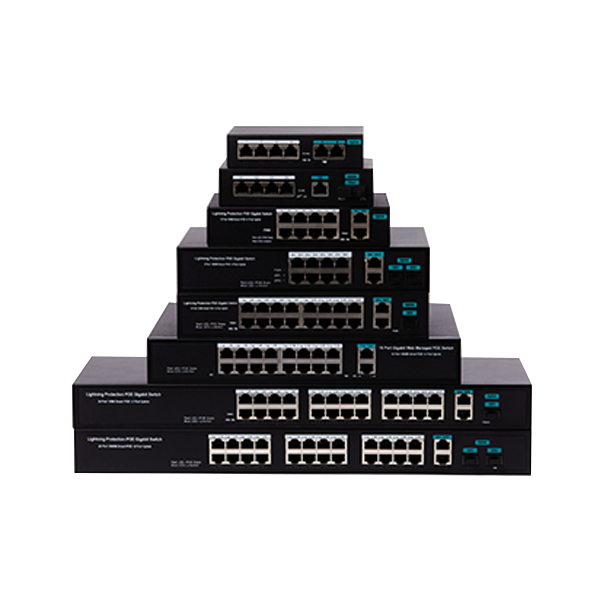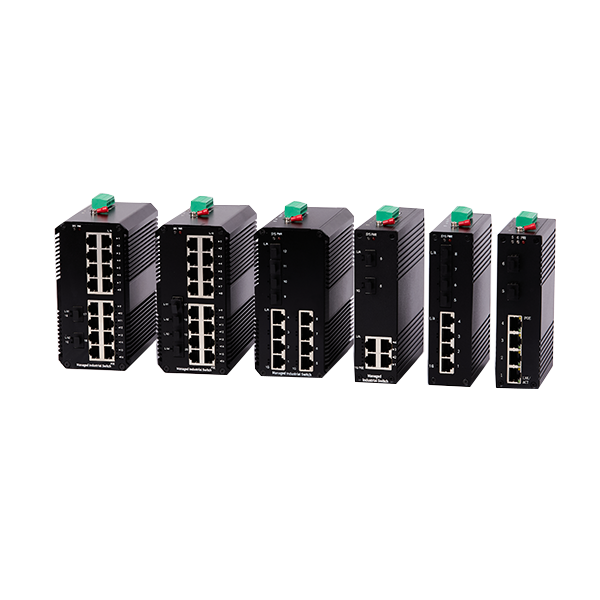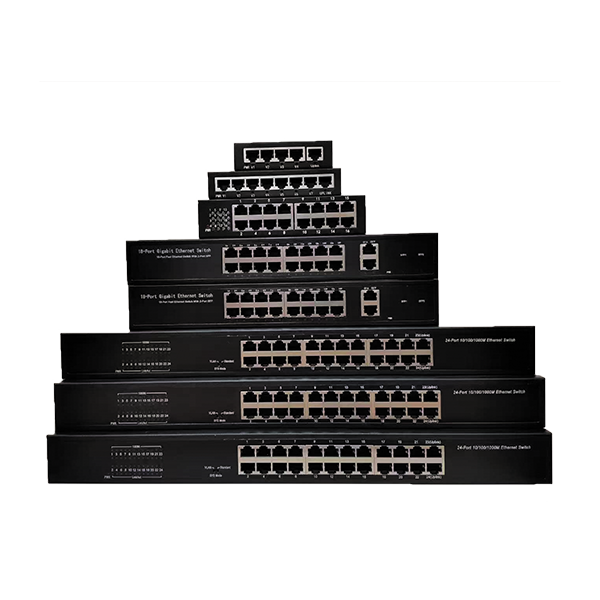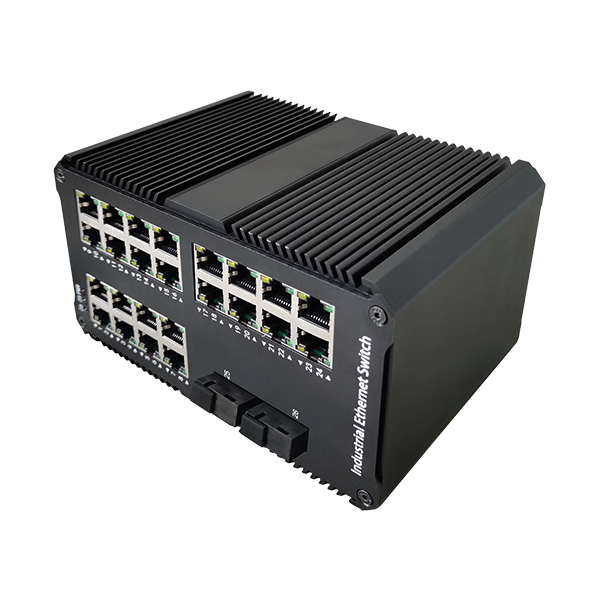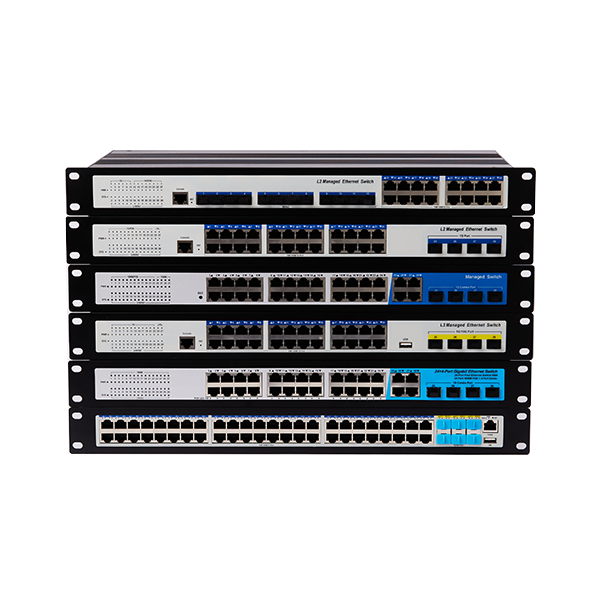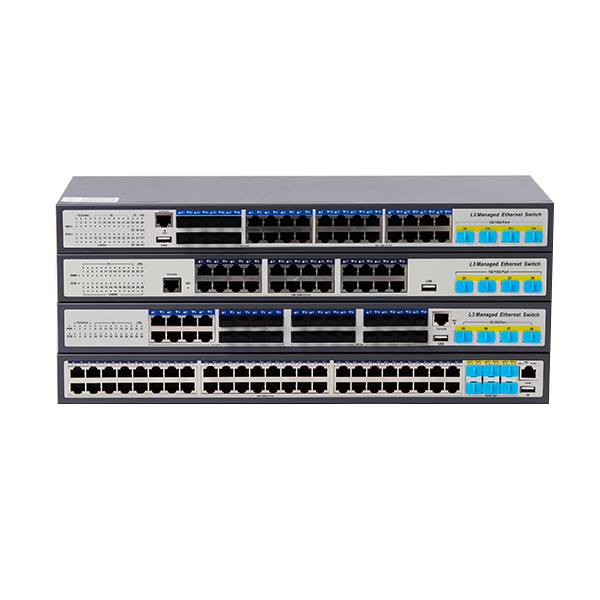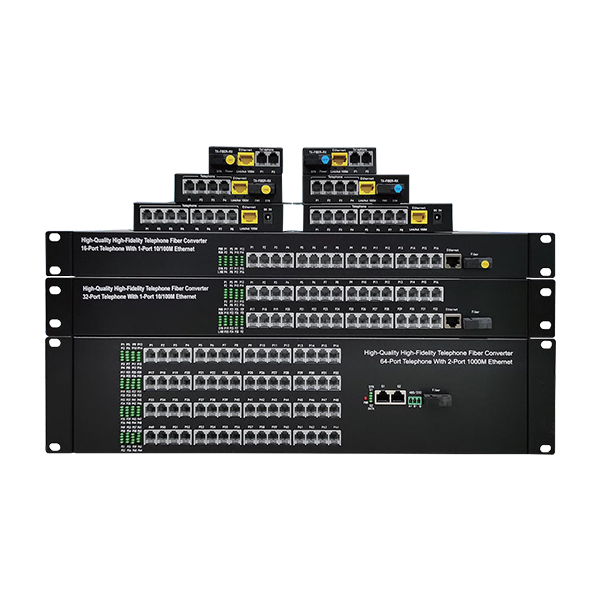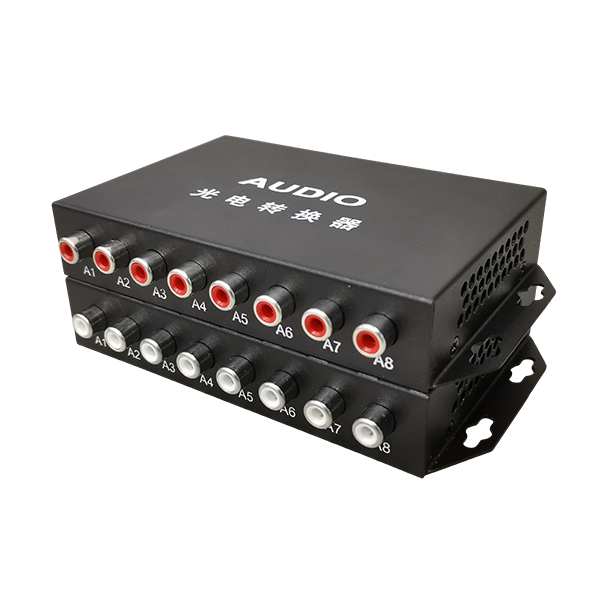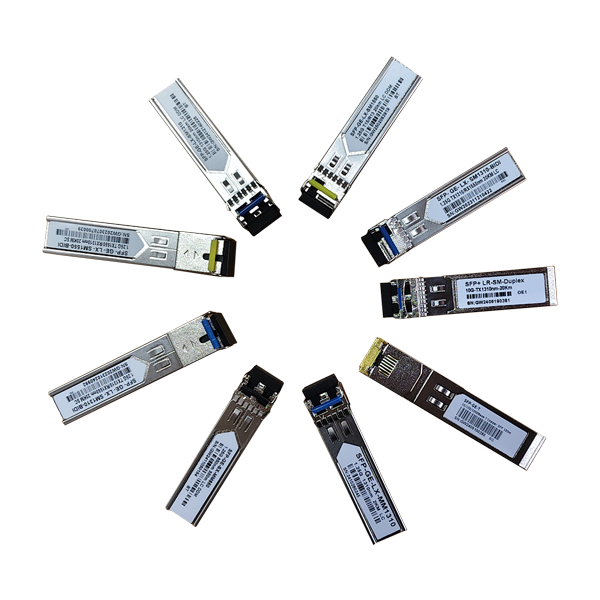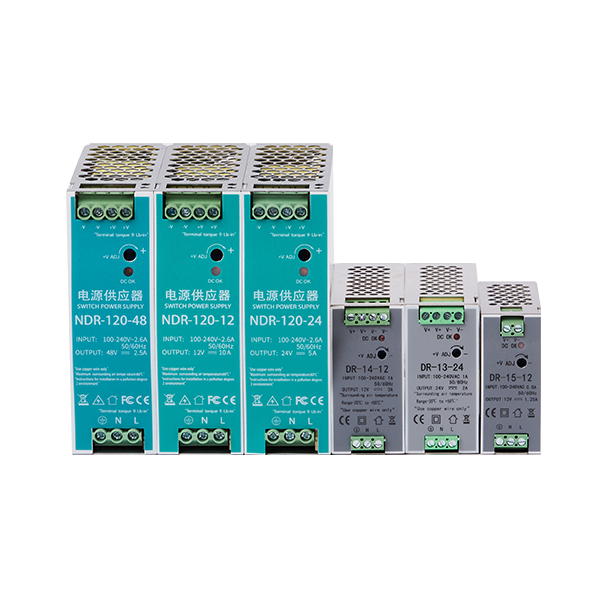Demystifying Industrial Grade Switch: Common Questions Answered
Release time:
Jun 02,2025
What is an Industrial Grade Switch?
When it comes to networking, especially in industrial settings, the term Industrial Grade Switch pops up frequently. But what does it really mean? Simply put, an industrial-grade switch is a robust networking device designed to withstand harsh environments. You know, the kind of places where regular switches would throw in the towel. Think extreme temperatures, dust, and vibrations - a conventional switch just can't handle that!
Why Choose an Industrial Grade Switch?
Now, you might be wondering, why on Earth would I need one? Well, let me tell you, there are several compelling reasons. First off, durability is key. Industrial environments can be tough on equipment, and these switches are built to last. They often come with features like:
- Extended Temperature Ranges: Typically, these switches can operate in temperatures from -40°C to 75°C.
- High Shock and Vibration Resistance: Perfect for manufacturing floors or mobile applications.
- Redundant Power Supplies: Ensuring your network stays up even when the going gets tough.
Applications of Industrial Grade Switches
So, where do you actually find these bad boys? From manufacturing plants to transportation systems, industrial-grade switches are everywhere! They're commonly used in:
- Factory automation
- Railway networks
- Oil and gas industries
- Smart grids
It's safe to say that if there's a network involved in a rigorous setting, an industrial switch is often the unsung hero ensuring everything runs smoothly.
FAQs About Industrial Grade Switches
Let’s tackle some common questions that pop up regarding these switches:
1. How Do I Choose the Right Industrial Grade Switch?
Choosing the right switch depends on a few factors: the number of ports you need, the required data transfer speeds, and whether you need features like PoE (Power over Ethernet). It’s all about matching the switch to your specific application.
2. Are Industrial Grade Switches More Expensive?
Yes, they typically are, but it’s all about that value for money. You might spend more upfront, but the longevity and reliability of these switches often save you from costly downtime.
3. Can I Use an Ordinary Switch in an Industrial Setting?
While you might get away with it for a short time, it's a risk you don’t want to take. Ordinary switches aren’t designed for extreme conditions and can fail, leading to network outages and costly repairs.
Troubleshooting Tips for Industrial Grade Switches
If you’re facing issues with your industrial-grade switch, here are some tips to get you back on track:
- Check Connections: Ensure all cables are securely connected. Loose connections can cause intermittent issues.
- Monitor Temperature: Make sure the switch isn’t overheating. Extreme heat can lead to failure.
- Firmware Updates: Regularly check for firmware updates to keep your switch running smoothly.
Final Thoughts
In conclusion, an Industrial Grade Switch is more than just a piece of hardware; it's the backbone of reliable industrial networking. Whether you're running a manufacturing plant or managing a smart grid, investing in the right switch can make all the difference. Don’t skimp on quality when it comes to your industrial network!
Related News






